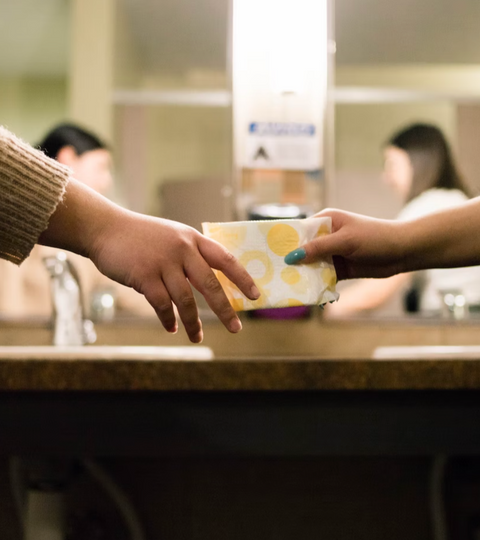Biological Males and Periods
We recently interviewed a health communication research team at UCLA whose research focuses on period stigma and science communication of female sexual and reproductive health issues!
Q: What’s an average perception of periods from a biological male?
From our research, male participants were significantly more likely than female participants to believe that periods should be kept secret from public conversation or sight. This suggests that men stigmatize periods more than women. Male participants were also significantly more likely than female participants to believe that there are behavioral restrictions from periods. For instance, menstruators must avoid swimming, eating or drinking cold foods/drinks, or carrying heavy objects (all NOT true). This indicates that there is a lack of knowledge among men about how periods affect the daily activities of menstruators!
Q: Why is it important for people who don’t have a uterus and don’t menstruate to be educated on periods?
In our research, 90% of female participants agreed that it is important to talk about periods with men. By providing education and raising awareness about periods, we can normalize menstruation, reduce shame and stigma, tackle misconceptions, increase support for menstruators, and push for menstrual equity!
Q: What are common misconceptions around periods?
There are many myths and taboos about periods. One common misconception is that menstruation is only a women’s issue. However, not all women menstruate and non-binary people as well as transgender men may have periods. Menstruation is actually a human rights issue and important to society as a whole!
Q: How can we educate people about periods?
The best way to educate people about periods is to encourage conversation in public and private settings. Through schools, family members, friends, and media, reliable information about menstruation can be shared and the topic can be destigmatized. Normalizing discussions about periods will allow people to feel more comfortable learning and asking questions about menstruation! Improving education about periods can positively impact attitudes and policies around menstruation.

0 Comments
There are no comments yet. Be the first one to post one!